Зарегистрируйтесь на getAbstract, чтобы получить доступ к этому краткому изложению.

Зарегистрируйтесь на getAbstract, чтобы получить доступ к этому краткому изложению.
Alex Bentley, Mark Earls and Michael J. O'Brien
I'll Have What She's Having
Mapping Social Behavior
MIT Press, 2011
Что внутри?
How and why do people act as they do in a social context?
Recommendation
The title of this study of social behavior comes from the Katz Deli scene in the romantic comedy When Harry Met Sally. One woman observes another appearing to have an orgasm at a nearby table and tells the waiter: “I’ll have what she’s having.” The title serves as useful shorthand for the human practices of imitation, replication and diffusion of ideas. Academics Alex Bentley and Michael J. O’Brien and consultant Mark Earls offer lucid prose and easy-to-follow examples in their fine introduction to social behavior. getAbstract recommends their insights to those interested in greater self-knowledge, social change, or marketing and innovation.
Summary
About the Authors
Alex Bentley is a professor of archeology and anthropology at the University of Bristol. Mark Earls consults on marketing and communications. Michael J. O’Brien is dean of the College of Arts and Sciences at the University of Missouri.









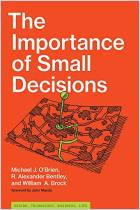
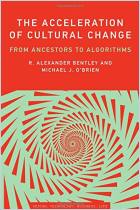

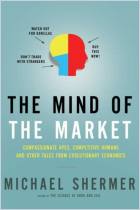

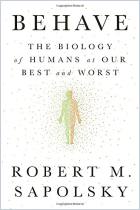
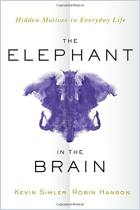





Comment on this summary